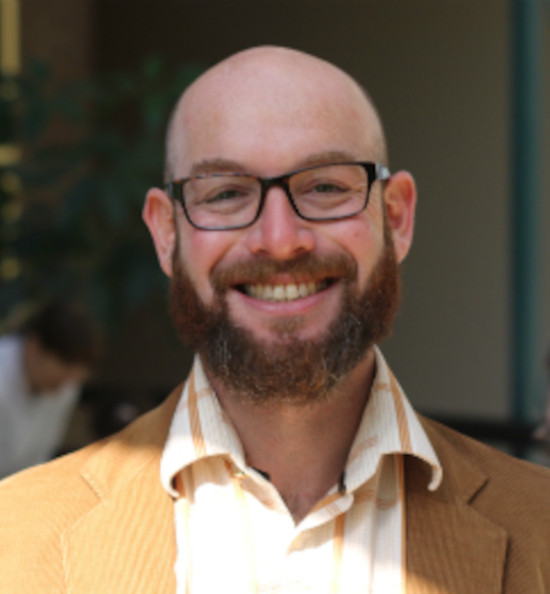Dr. Jobb Arnold, associate professor of conflict resolution studies
PROFile: Searching for home

Supplied photo
For Dr. Jobb Arnold, home is not only a physical space, but a psychic one.
“Humans have a need to belong,” he says. “The feeling of dislocatedness or not being able to find one’s home is a real struggle.”
Arnold holds a PhD in cultural studies and an MA in social psychology. He has taught conf lict resolution studies at Menno Simons College since 2015.
“People will go to great lengths to fit in and be a part of a community, which, in some cases, can lead them to do things they may not otherwise do,” he says.
Some of his research examines the role of severe drug addiction within the city. He explains how substance use can be a response to this crisis of belonging.
“The drugs themselves furnish an interior dwelling space ... (providing) a particular relief, a sense of euphoria or a comfort and wellbeing, albeit temporarily.”
He says anxieties around not fitting in may present challenges to community-building.
“It’s difficult to encounter people we feel distant from. We put up our guard, keep people out. We can numb ourselves to the suffering of others,” Arnold says. “These things can create a psychic distance, even when we’re nearby.”
He says conflict can quickly escalate when interpersonal bonds are eroded. Back-and-forth retaliation can cause an issue to “get out of hand.”
“Although we may not like a circumstance or situation the way it is, (we must) address the problem rather than see the person as the problem,” he says.
One of Arnold’s key findings is how community can be forged in the midst of adversity. His research on peacebuilding post-genocide has led him to critical parts of the world, including Northern Ireland and Rwanda.
He recalls visiting the then-National University of Rwanda in 2005, where he met several people who had lost their families in the 1994 genocide. In response to the social destruction and individual trauma they experienced, local student groups had created what they called “new families.”
“They would appoint a mother and father from among their peers and help each other to fulfil different familial functions,” he says.
This ability to find joy and see meaning in life, despite having faced severe violence, is a concept known as post-traumatic growth. He says this does not negate the very real, debilitating outcomes of genocide.
“Studying these topics which are extremely heavy ... I’m also trying to see where people are retaining their humanity and where that light is shining in the darkness.”
He cites the COVID-19 pandemic as another example of such social adapta- tions, where people found community and connected online. However, Arnold says humanity must retain its ability to work directly with neighbours if it is to conquer upcoming global challenges.
“Community takes work.”
—
What do you like to do in your spare time?
“I love music: seeing live music, playing music.”
What is the best part of your job?
“I get to explore ideas and think about things that matter to me with students, colleagues and other people who are really invested in thinking deeply and collectively ... for me, that’s a real joy.”
What is something you’ve learned from your students?
“I’m constantly reminded I have lots to learn.”
Published in Volume 78, Number 23 of The Uniter (March 28, 2024)







